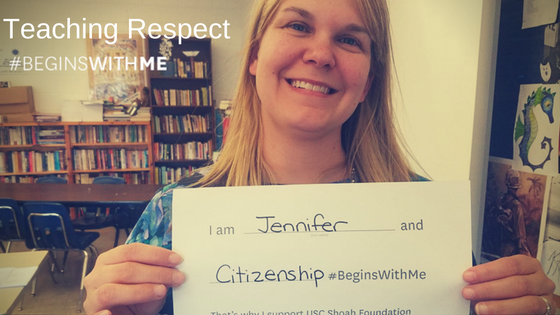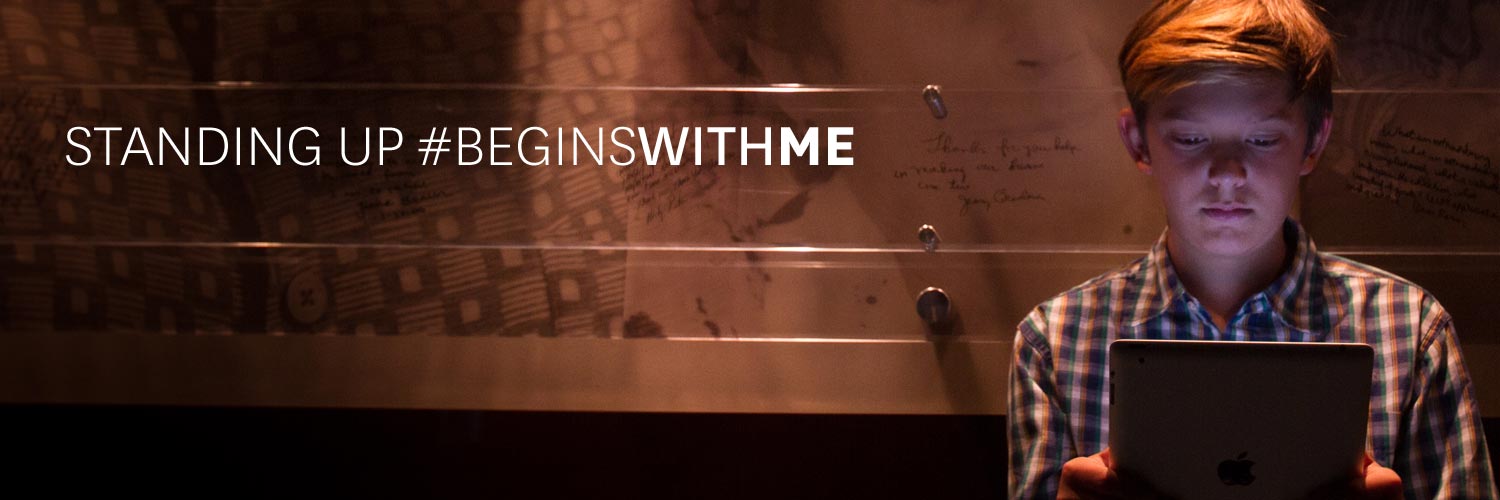Teaching respect #BeginsWithMe
 In the aftermath of the brutal 2016 election season, educators are dealing with some familiar and some unprecedented challenges in our classrooms. Stereotyping, bullying and discrimination are sadly not new occurrences; however, the level of despair and fear accompanying these instances have increased in many of our situations following November 8.
In the aftermath of the brutal 2016 election season, educators are dealing with some familiar and some unprecedented challenges in our classrooms. Stereotyping, bullying and discrimination are sadly not new occurrences; however, the level of despair and fear accompanying these instances have increased in many of our situations following November 8.
As educators, we are asked to help our students effectively process the outcome of our elections and the implications it may have in their communities. In doing so, we need to find ways to provide them a safe and supportive place to understand their changing roles.
Although as I write this, the results of the election have not been finalized by the Electoral College, I have already told my students that our democratic system is dependent on the acceptance of the results of our elections. I then clarify that acceptance and unquestioning support are two different things. The former is part of our role as citizens but the latter is dangerous to the sustainability of our democracy, regardless of who wins. It is from this entry point that we then begin our conversations.
Testimony can play a powerful role in inspiring students to rise to the occasion
The range of emotions runs nearly the full gamut in my classroom. Our diverse school includes students of the “First Families” of Virginia through individuals who have only been in our nation a few weeks or months. Students hail from many different ethnic groups and classify themselves according to a varying range of sexual preferences. While many students express anger at the outcome of the election, others have voiced support and other individuals have voiced fear. I told my students in our very first conversation on the topic that my goal for each of them is to think about how they can approach this situation, considering their backgrounds and ideological viewpoints, in the most positive fashion for our nation.
Empowering students, especially those feeling abject despair, can be challenging. The use of visual history testimony can play a powerful role in inspiring students to “rise to the occasion” in difficult times and to show each of them that they have the ability to make positive change in our society. USC Shoah Foundation’s Visual History Archive and IWitness provides a wide range of testimonies that can be used to inspire our students. A few of my favorites include:
